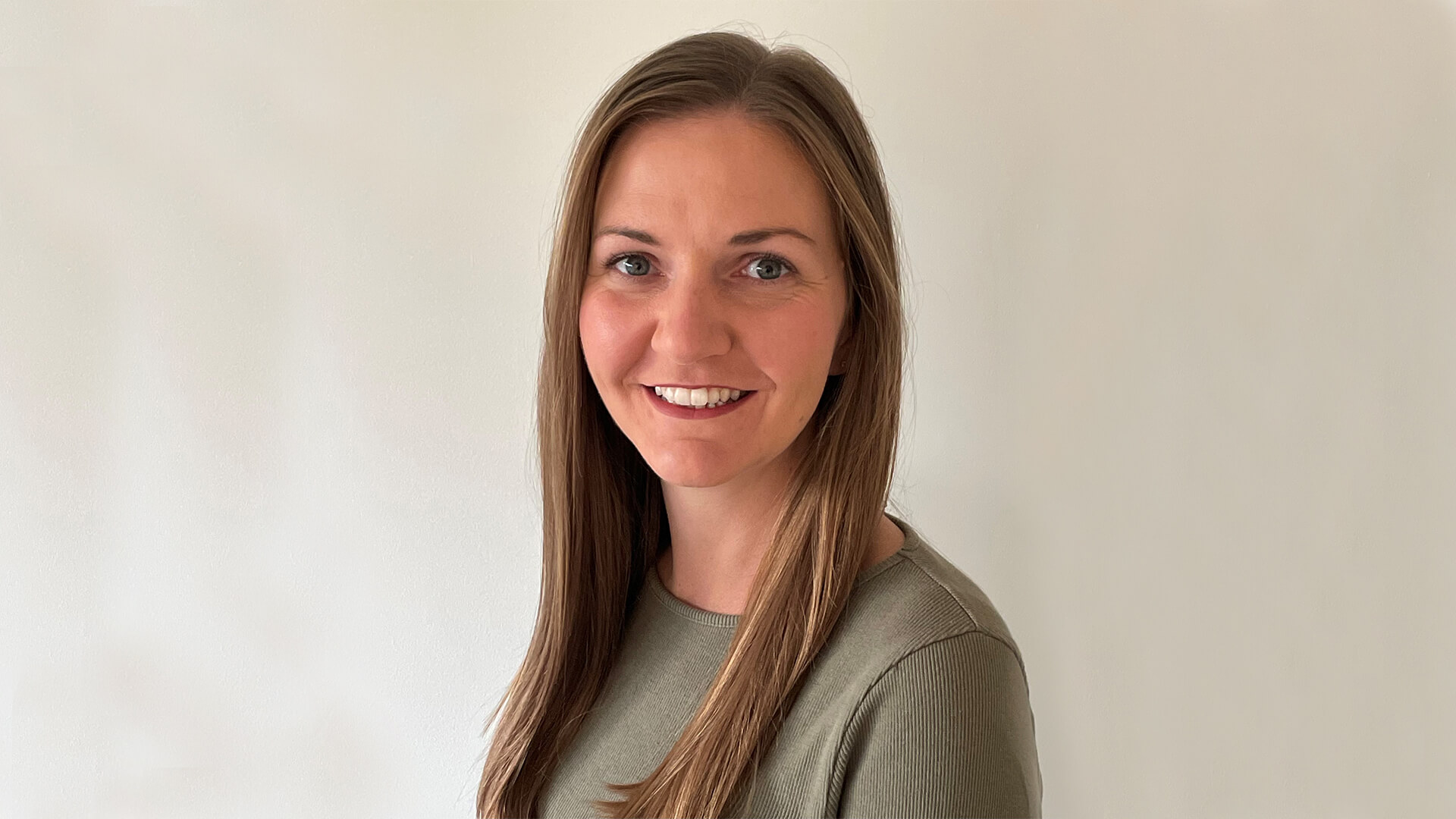What’s the plan?
The figures published by Public Practice today are enormous and worrying, yes, but are they also surprising? Sadly, for those of us working in or with local planning authorities (LPAs), they are entirely representative of the reality of our day-to-day jobs.
With the housing crisis and cost of living crisis deepening, we keep seeing the phrase ‘delivery of much needed housing’. But planning has become one of the main hurdles one has to jump over to make this happen.
Over the past couple of years, our sector has faced increasing challenges, yet at L&Q, we remain committed to delivering an average of 3,000 new homes per year.
In fact, for the past two years, we’ve even exceeded 4,000. It’s hard to say whether the figures would have been much larger had we had a more seamless planning journey, but they would probably have come through sooner.
During this time, three of our medium-sized planning applications for a few hundred homes on brownfield sites in London have been decided in 62, 72 and 148 weeks respectively. That is more than ten times the statutory timeframe (13 weeks)! Talk about enormous and worrying…
Typically, our applications are allocated to a succession of planning officers, all of whom are overworked and overstretched. It is understood that on average, a planning officer could have anywhere between 30 and 40 applications at any given time.
And more recently, planning officers are also grappling with the whirlwind of national planning reform and regulatory changes. Enormous and worrying…
All of this contributes to planning officers either jumping ship or never even applying for roles within LPAs – hence the staggering figures in Public Practice’s report.
Staff turnover makes building relationships and trust difficult. At L&Q we spend a great deal of time demonstrating our real values and ethos to partners in the public sector, only to have to start once more from scratch one year into a planning application.
The delays associated with securing planning permission often mean that our costs are going up by the month. Construction colleagues are chomping at the bit to start on-site but need to take a rain check because we are still tangled in S106 negotiations.
And when grant funding is conditional on programme, deals need to be renegotiated and whole developments could be scrapped. In the meantime, the local community is waiting for that new residential scheme that was advertised years ago.
In order to ensure our development pipeline is realistic, we seek to address planning risk upfront as much as possible.
For example, we have to base our planning programmes and construction timelines on experience rather than statutory timeframes, which paints a painful, but true picture. And these delays, in turn, affect the LPAs’ own growth and housing delivery targets.
I applaud hard-working planning officers who battle each day to achieve good outcomes for their borough. In fact, L&Q and the rest of our sector recognise their struggle and hard work, which is why we recently agreed with government plans to increase planning application fees by up to 30%.
Increasing costs of any kind cause challenges, but we are happy to pay for an improved service. However, we recently learned that the rise in fees will not be ringfenced for LPAs, so we’re back to square one.
So where is the light at the end of the tunnel?
Personally, I think planning as a profession needs to step out of the shadows and into the spotlight. Planning is underrated, yet it plays such an important role in shaping our communities.
The outcomes of our jobs are very real and impact many people’s lives - we can all point to areas that are flourishing because of successful and collaborative planning outcomes.
Let’s get planning officers into local schools and colleges and show young people the opportunities they have to influence and shape their communities and the places they call home.
Let’s get more resources and funding into the planning system and open up apprenticeship routes.
Let’s get planning up on the public and political agenda. Otherwise, if you fail to plan, you plan to fail.
